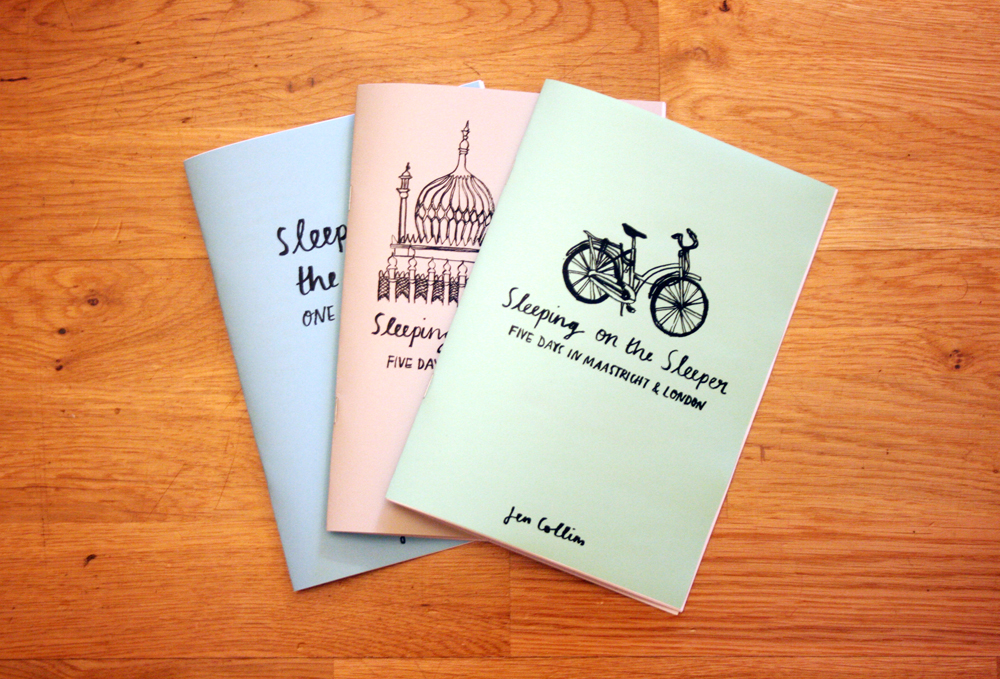
Image Credit: Jen Collins
A key observation I’ve made about travelling in the 21st Century is that we assign more significance to documenting our experiences via photography or insta-videography compared to other mediums such as scrapbooking or writing.
This outlook, along with the convenience of owning smartphones with inbuilt cameras, instils in us a misguided assurance that our memories are something our phones (or brains) will forever retain.
After all, the trip was exhilarating and Instagram captured our moments perfectly. How could we possibly forget?
No matter how potent our Facebook or Instagram captions may be, they are never quite the same as words penned down in a travel diary – experimental, personal, and unfettered by the prying eyes of social media friends and followers.
In this article, I posit a few reasons as to why every traveller should keep a travel diary.
Because we are forgetful creatures with selective memories
When my boyfriend went on a ten-day solo trip to Japan in April this year, he snapped photographs of selectively beautiful sceneries, buildings and food on his DSLR. He chose only the best few to upload on his Instagram account as he travelled from place to place, and hardly put any thought into his captions.
Because we as human beings tend to capture and remember only the spectacularly good parts about travelling, we end up glossing over less attractive minutiae.
What collectively bonds us and sets our perspectives apart when we compare our travel experiences with those of our peers aren’t just the positively sensational things but the everyday little things too.
A life well travelled isn’t one dimensional – rather, it’s multi-faceted and full of both wonder and banality. Keeping a travel diary helps us recognise this.
Because it’s therapeutic
Travel isn’t all rainbows and unicorns. Sometimes it’s a hodgepodge blend of jet lags, delayed flights and interminable waits on all-day bus rides.
In these instances, journaling, doodling and even ideography has the ability to soothe our hearts and minds so that we are better able to handle mishaps when we travel.
Our travel diaries become our personal therapists, and we use it to rant, pass time or manage our frustrations, worries, loneliness or ennui.
Because it helps us learn and grow
“We can see beauty well enough just by opening our eyes, but how long this beauty will survive in memory depends on how intentionally we have apprehended it.” – Alain de Botton, The Art of Travel
When we write, we’re forcing ourselves to reflect on a particular scene, place, or thing. We are simultaneously detached from reality whilst still being a part of it.
We develop a keener awareness of our surroundings because writing requires quietude and solitude: there is a deliberate need for concentration in order to detail what we see, hear and touch.
Having a travel diary helps us grow as a person when we document both our discoveries and lapses in exploration. It becomes our personal haven; a safe space docking us to our most intimate thoughts and feelings.
Because there’s no better souvenir than a battered diary full of treasured moments

Excerpts from my travel diary when I went to Seoul in 2010
While technology has replaced many traditional modes of communication such as journaling or letter writing, there are still many attributes to old-school pen and paper.
Diaries, which are concrete and tangible, can be tucked away and stored in bookshelves or cupboards to be revisited over time.
Nothing compares to the visual and tactile experience offered by a battered diary brimming with jottings, annotated memorabilia, stamps and sketches.
It’s a time capsule waiting to bring us back to yesteryear; to a variant of ourselves when we were most adventurous, most keen to explore, and most connected to a different part of the world.
A travel diary is more than just a daily record of events and happenings – it’s a personal memento and a physical heirloom we can pass down.
Do what you can
While not everyone has the fortune of time and space to keep and maintain a travel diary, I’d highly recommend those who do to start one of their own.
Transform your future travel experiences by taking to the written word instead of your electronic devices, and I guarantee that these efforts will pay off in the long run.





